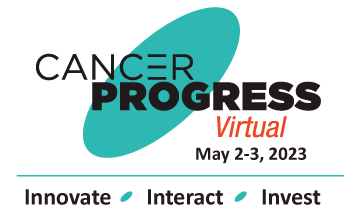We are seeing an amazing convergence of platforms and technologies as academic labs and startups continue to innovate around advanced engineering of biologics. This synthetic biology, which I mean here to point to the synthesis of various technologies, involves therapies that display engineering into the “modality” some multifunctionality and often controllability. This synthesis of technologies – from protein to RNA engineering, or gene therapy or editing, also harnesses advances in drug delivery with nanoparticles and targeting moieties to home the modality to specifically the tumor or to immune cells. The emerging space of endogenous reprogramming represents a continuum and extension of current approaches from ex vivo modification of cell therapies to platforms straddling ex vivo and in vivo modulation of immune cells via redirecting biologics and adaptor molecules, to truly in situ manipulation of the tumor and/or immune cells. As such, endogenous reprogramming often must therefore layer on risk, IP, and a certainly complexity that enables the unique multifunctionality that is a great part of their value proposition, and hence careful consideration of targets, target cells, and indications becomes paramount.
Moderator: Jeffrey M. Bockman, PhD, EVP, Head of Oncology Practice, Cello Health BioConsulting
Panelists:
- Jacob Becraft, PhD, CEO, Co-founder, Strand Therapeutics
- Nicholas A. Boyle, PhD, MBA, CEO, Abintus Bio
- Mary Haak-Frendscho, PhD, President & CEO, Spotlight Therapeutics
- Stephan Matthias, MD PhD, Associate Professor, Clinical Research Division, Fred Hutchinson Cancer Center
